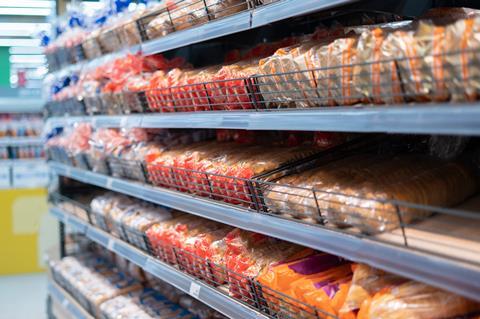
More than half of the British public are wary of the ingredients in supermarket bread, according to research commissioned by Bertinet Bakery.
The survey, carried out by Opinium, found 61% of the 2,000 UK adults polled were not confident about the ingredients in a standard supermarket loaf, while 66% said they would prefer to eat loaves with as few preservatives and other additives as possible.
The research – conducted as part of sourdough specialist Bertinet Bakery’s collaboration with the Real Bread Campaign to promote ‘better quality, real bread made with simple, natural ingredients’ – also revealed that 60% would like to see more natural options in the supermarket. Nearly half (47%), meanwhile, said that finding out a loaf contained palm oil and additives would put them off eating it.
“This research shows that there is a growing awareness and appetite for real bread – bread that tastes good – that is also better for you, because it is made properly with quality ingredients, human craft and care,” said Anomarel Ogen, head baker at Bertinet Bakery. “We fundamentally believe that everyone deserves better bread by keeping it simple with only natural, quality ingredients, and using traditional sourdough baking methods – including an optimum fermentation process designed to enhance flavour and nutrition.”
The Real Bread campaign is lobbying the UK government for an ‘honest crust act’ to cover improved loaf labelling and marketing rules, including a legal definition of sourdough bread to help shoppers make better-informed bread-buying choices.
“Genuine sourdough is great example of real bread, but we’re seeing more and more ‘sourfaux’, which is what we call products named or marketed using the word sourdough but that are in fact manufactured using additives and other unnecessary extras that have no place in genuine sourdough bread,” said Real Bread Campaign co-ordinator Chris Young. “The use of baker’s yeast, for example, speeds the process, reducing the time that lactic acid bacteria have to cause potentially beneficial changes to the dough.
“It’s evident that people are losing confidence in what goes into typical supermarket loaves and would welcome more better-quality alternatives to be more widely available,” Young added.




















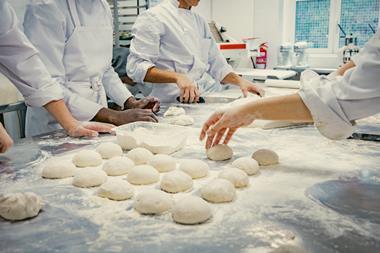


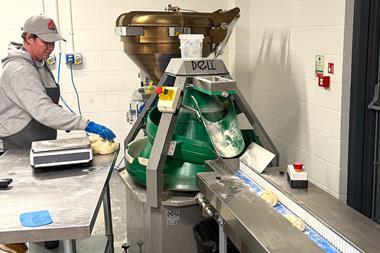
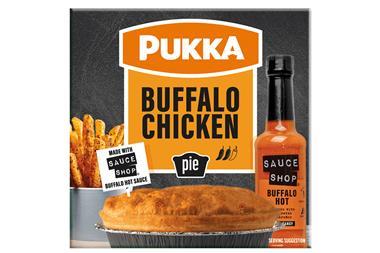
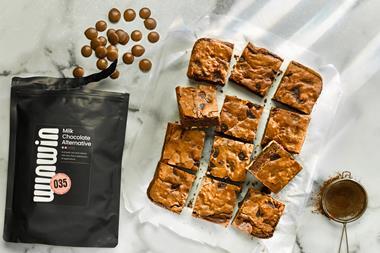



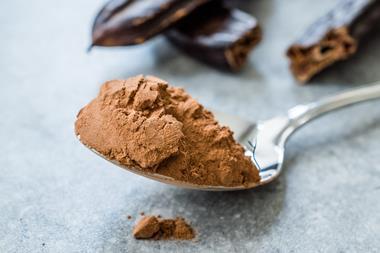
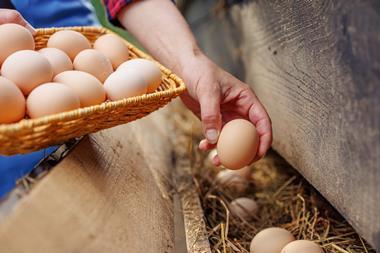

No comments yet